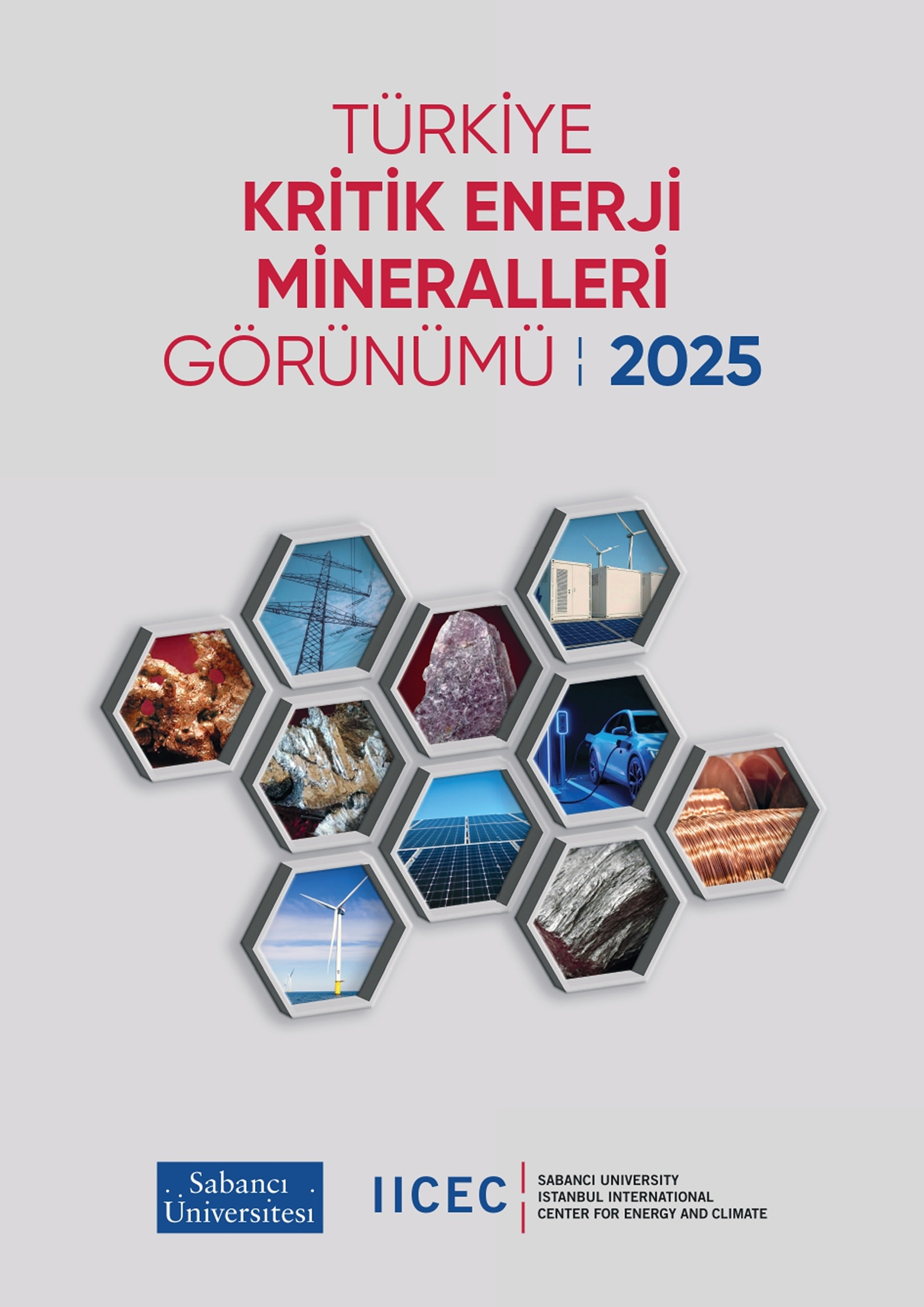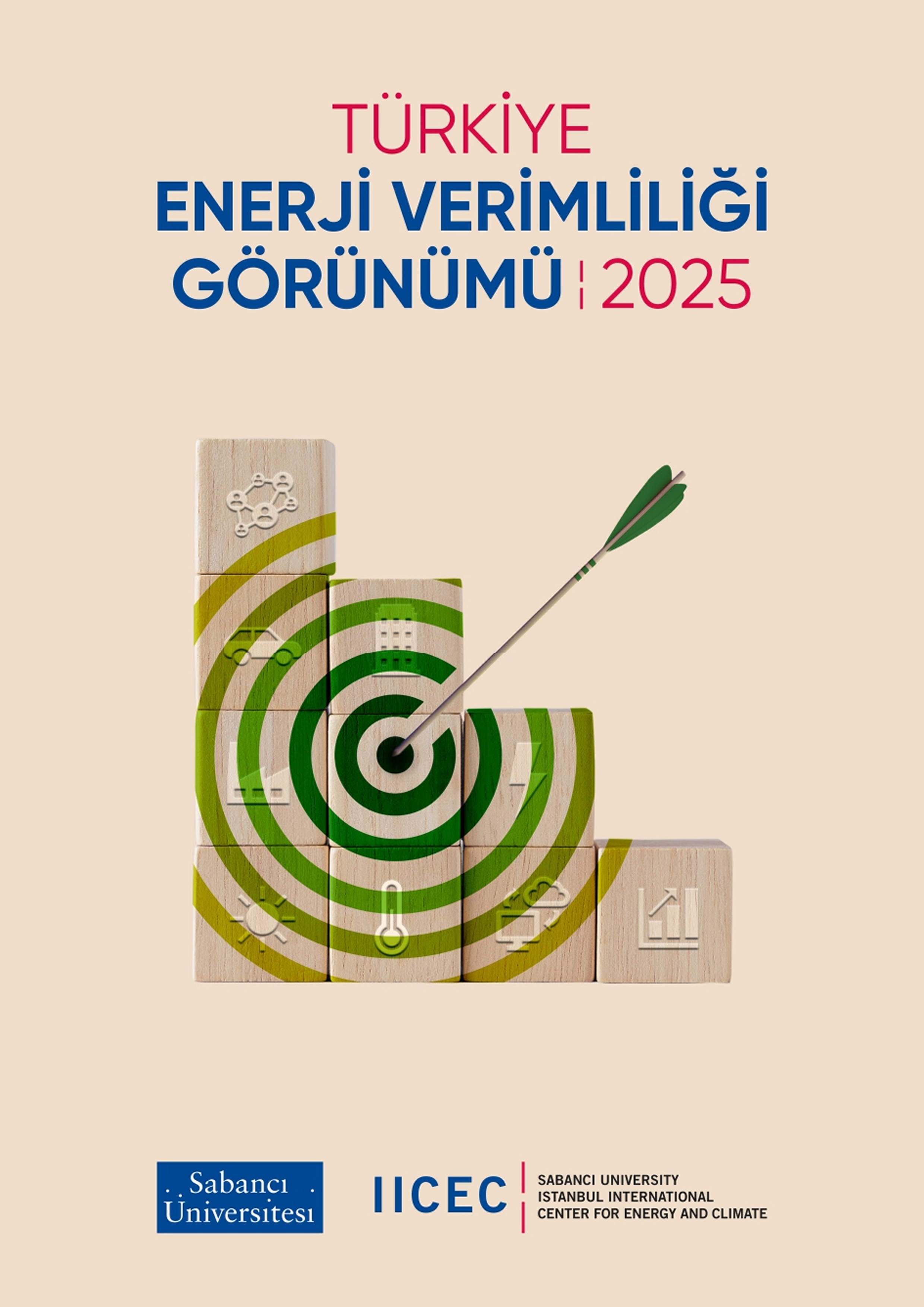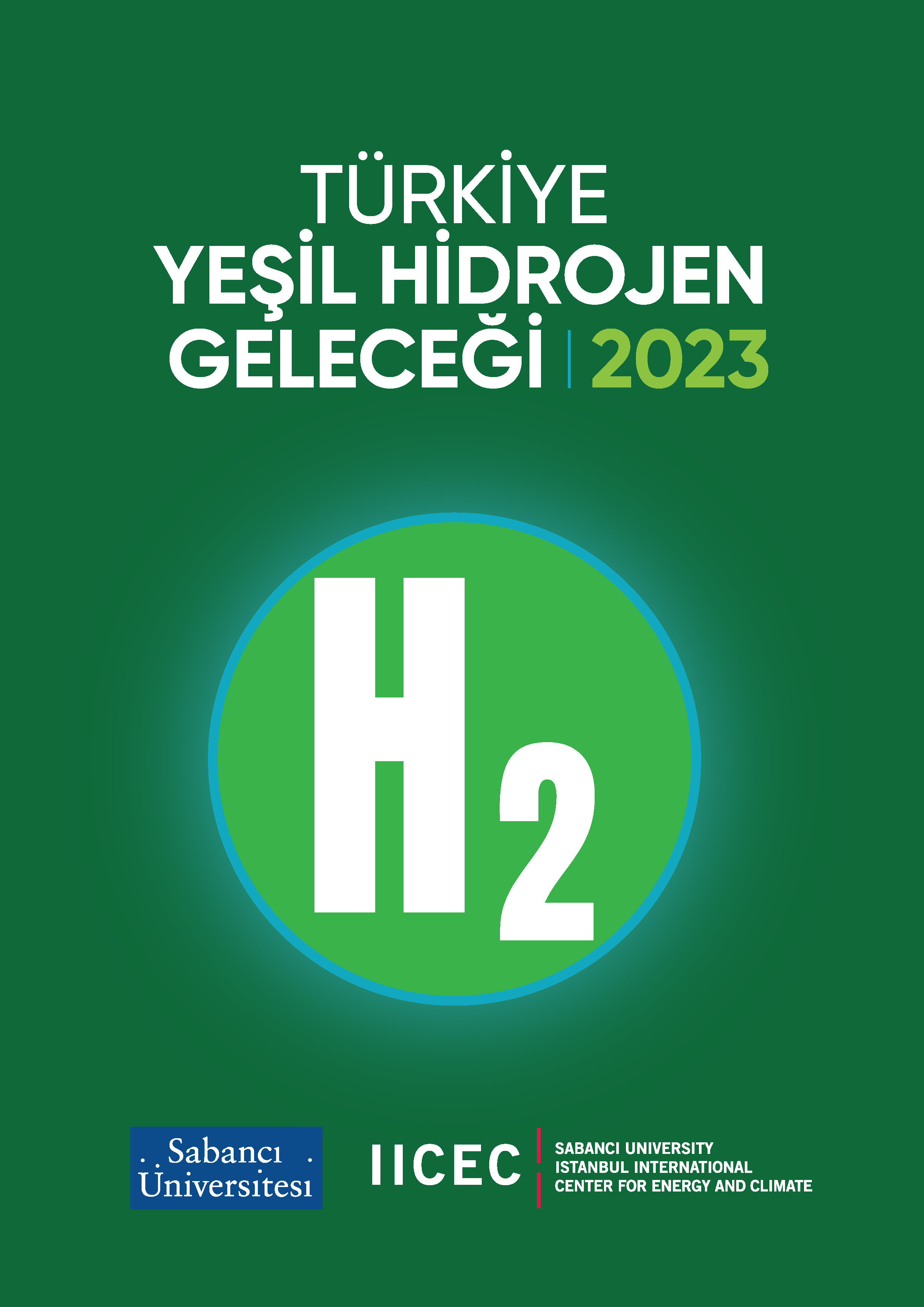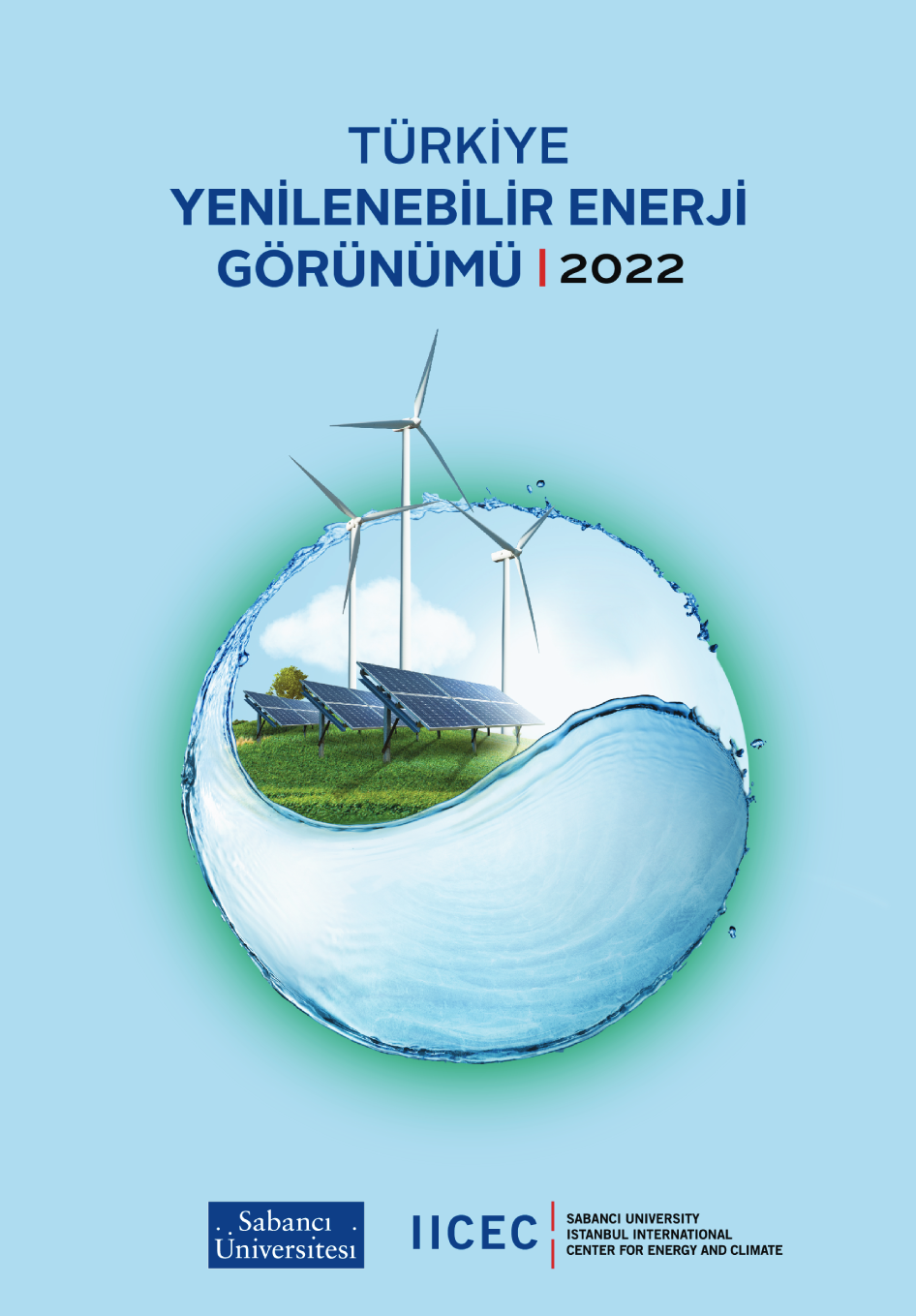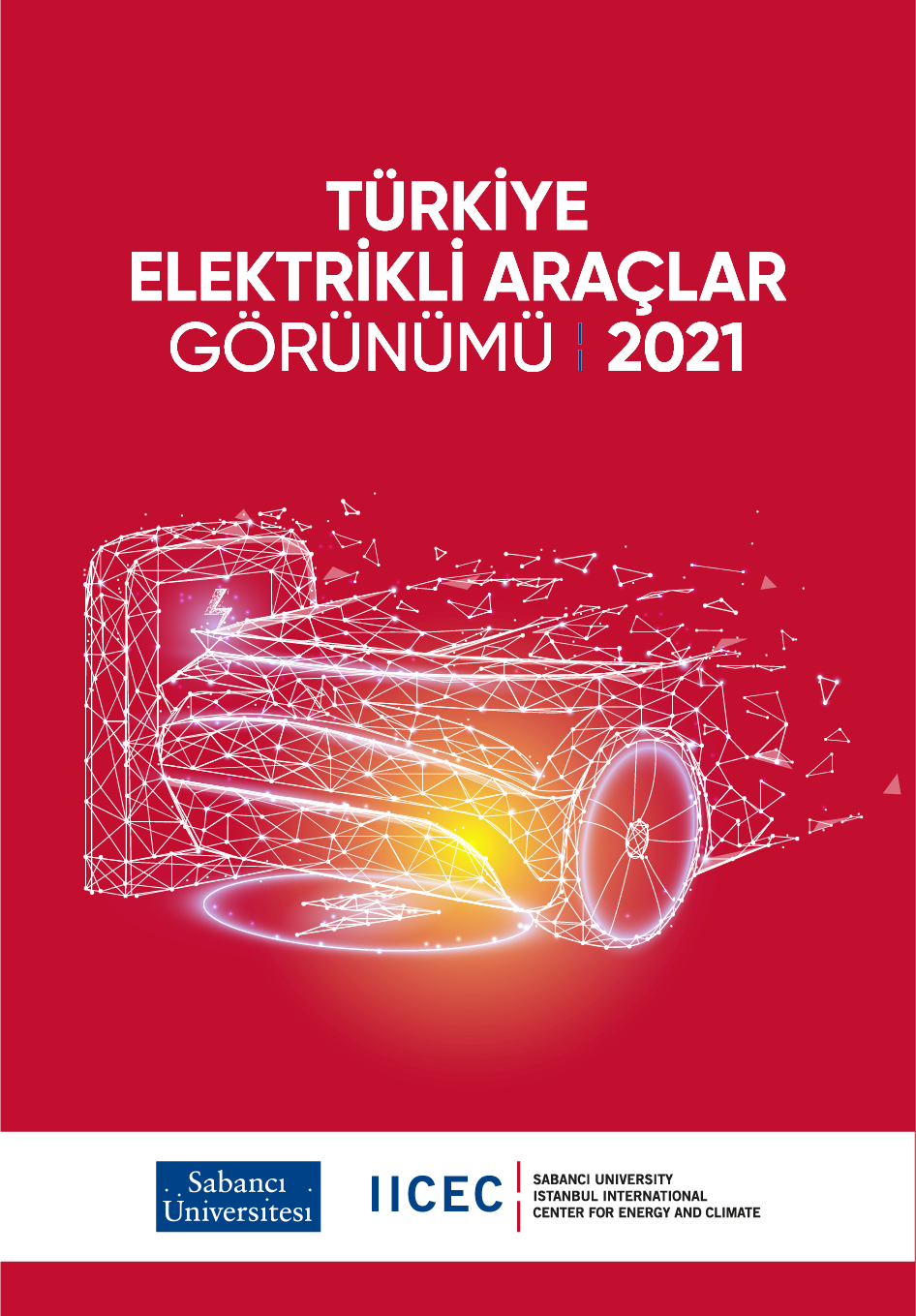
Per capita car ownership and energy consumption in Turkey are both at one-third of the averages of developed economies. Yet population growth, a young population, urbanization, industrialization, growth in service sectors, and the formation of new demand centers will drive a rise in demand for transportation in the coming years. As in many countries, road transport represents a major part of passenger and freight transport activity. In Turkey, road transport is, moreover, the major oil consumer, as over 90% of total oil consumption is met by imports. Road transportation also ranks second only after electricity generation in terms of greenhouse gas emission inventory. It also stands out in terms of environmental and social sustainability due to its weight in air pollutant gases.
Meanwhile, the growth and development of the electric vehicles (EV) market and their related technologies is accelerating worldwide. Recent progress provides an important base for Turkey: ongoing investments in the manufacturing of EVs in Turkey, the announced targets for 2030, developments within the regulatory framework in 2021, and value-oriented new initiatives in the battery ecosystem, digitalization and connected technologies. The ratification of the Paris Agreement and the announcement of net-zero emissions target by 2053 has triggered a new era for the clean energy transition in Turkey. All these developments will harness the great potential in electric vehicles and broader E-mobility.
The Turkey Electric Vehicles Outlook (TEVO) is based on the Turkey Energy Outlook, which was a first-of-its-kind study in Turkey, and an energy modeling infrastructure that reflected a holistic perspective on the entire value chain of the Turkish energy sector. TEVO is also a first-of-its-kind study in Turkey, and, like the TEO, it employs a scenario-based approach that is based on a detailed data and accounting framework for road transportation and electrification.
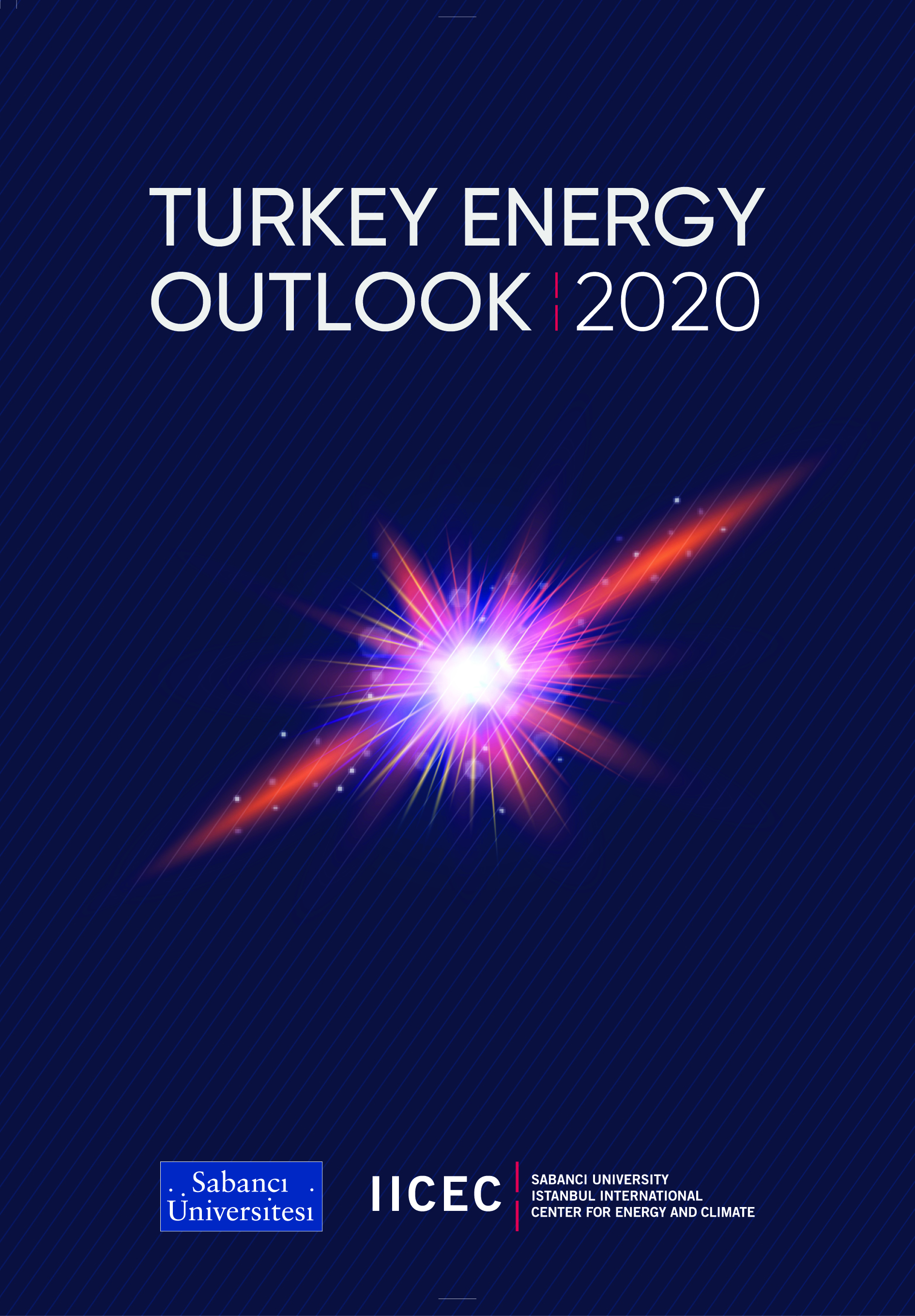
The Turkey Energy Outlook (TEO) proposes energy policies to further improve energy security, increase use of domestic energy resources, advance energy efficiency, build clean energy infrastructure, develop a more competitive energy market with cost-reflective energy pricing and also to support all necessary steps towards achieving a sustainable energy system in Turkey. The main themes include increased energy efficiency, higher use of renewable energy, improving electricity and natural gas markets, building Turkey’s first nuclear power plants, increased energy technology R&D and continuing and expanding the recent efforts to discover and produce more natural gas and oil.
Turkey’s per capita energy and electricity consumption are less than half of the OECD average. As a country that is still developing, compared to Turkey’s OECD peers, the growth of energy services per capita will be much higher. This is necessary to accommodate increasing incomes, population growth, industrialization, urbanization, increased mobility and wider access to modern energy services. The Turkey Energy Outlook (TEO) provides an independent assessment of changing technological opportunities and policy priorities to secure an efficient, competitive and sustainable energy future. Two TEO Scenarios quantify the consequences of two different policy pathways out to 2040.
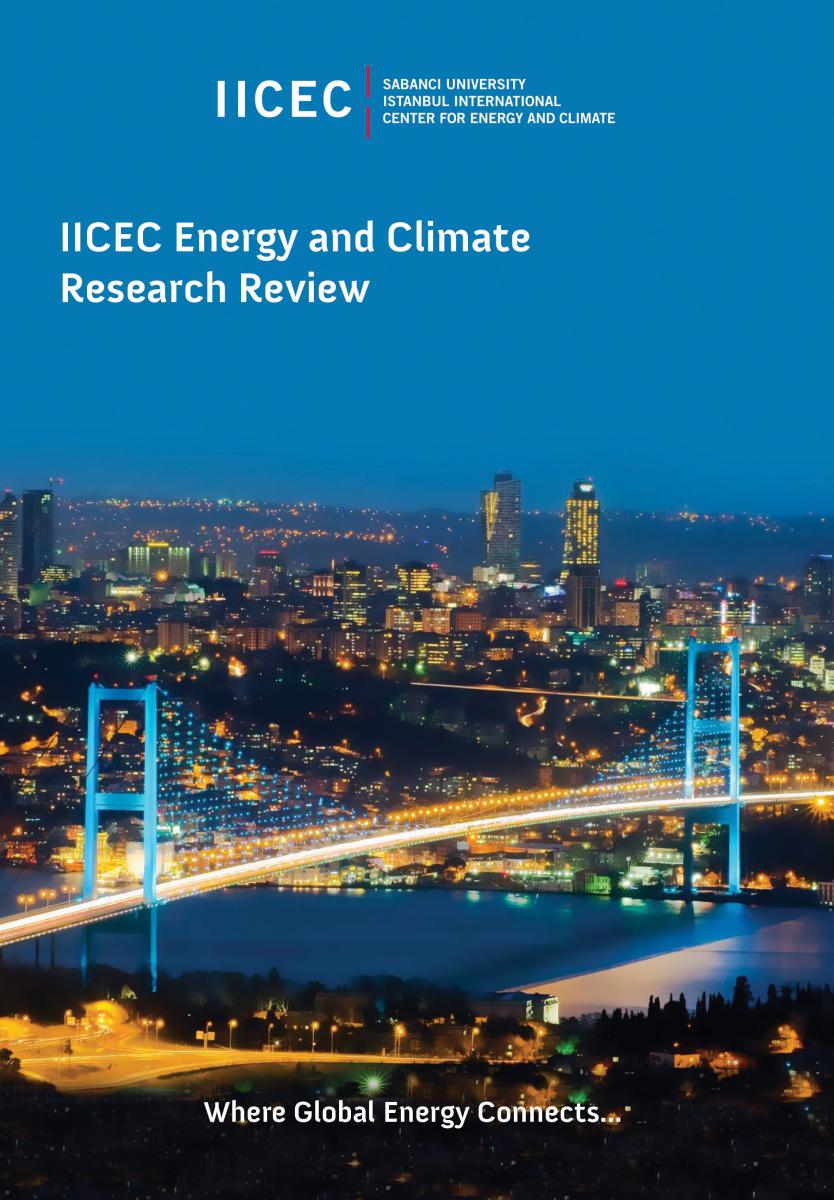
(Please Click on “Türkçe” to Change the Language and Switch the Language to English from the Tab on the Top of the Website)
Click Here to Purchase the Book (Within Turkey)
The IICEC Energy and Climate Research Review provides an organized overview of recent energy policy research. The Review includes 68 studies and papers that collectively address global energy security, affordability and sustainability and shed light on the energy debate by illuminating its complexities. With the gravity of the challenge in mind, the Review intends to capture the complexity of the energy debate from as many angles as possible bearing in mind that energy is a multi-disciplinary domain which requires in-depth analysis.
The Review is organized by energy sectors and themes namely: fossil fuels, nuclear power, renewables, efficiency measures, energy technology and innovation, as well as climate policy and regional economies. We intend that the Review can efficiently provide energy professionals the benefits of many of the most important policy studies that they might not otherwise have the time to consider. We aim to foster to a wider appreciation of the global energy policy agenda by making these research studies more accessible.
The articles and reports in this Review have been selected considering their worldwide recognition, relevance, inclusiveness, originality, and the level of contribution to the policy agenda. Rather than providing a conclusive assessment and dictation of set of energy policies, the Review provides the reader with an opportunity to approach and analyze the articles, reports and policy papers from different perspectives.
